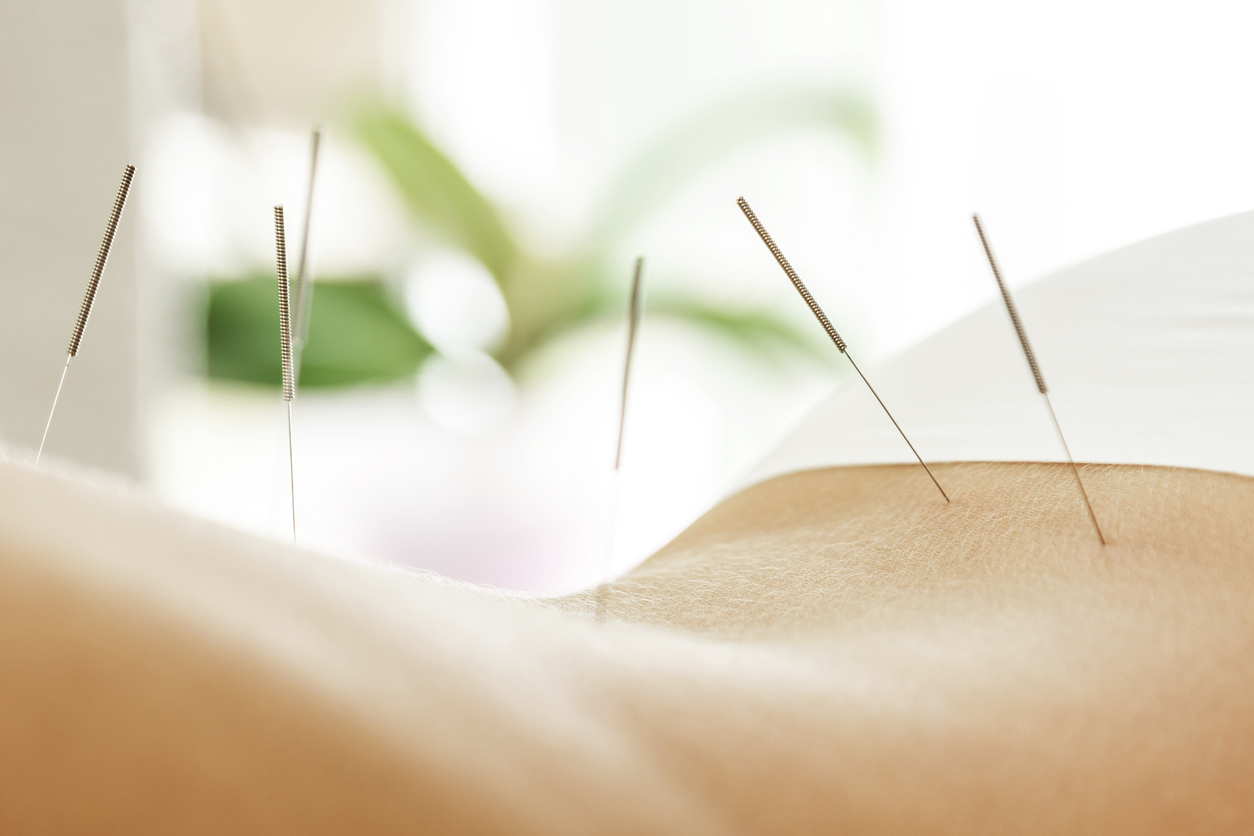2024-08-28
The use of acupuncture as a complementary treatment for sleep disorders
General Medicine
The article entitled ‘Acupuncture modulates emotional network resting-state functional connectivity in patients with insomnia disorder: a randomized controlled trial and fMRI study’ explores the effects of acupuncture on resting-state functional connectivity of emotional networks in patients with insomnia disorder.
Insomnia is a common sleep disorder that is often accompanied by symptoms of anxiety and depression. Functional magnetic resonance imaging (fMRI) studies have shown that sleep disorders and negative emotions are linked to dysregulation of the brain networks involved in emotional processing in patients with insomnia. Acupuncture has been recognised as an effective treatment for improving sleep quality and mood in patients suffering from insomnia. However, the neurobiological mechanisms involved in these effects remain unclear.
The main objective of this study was to evaluate the effect of acupuncture on the resting state functional connectivity (rsFC) of the emotional network (EN) in patients suffering from insomnia.
The study was a randomised, single-blind, controlled clinical trial involving 60 patients suffering from insomnia, randomly divided into two groups: real acupuncture and simulated acupuncture. Thirty healthy participants were also included as a control group.
Acupuncture was administered for 4 weeks, with three sessions per week. Participants underwent fMRI scans before and after treatment. The functional connectivity at rest of the areas involved in emotion management (thalamus, hippocampus, amygdala, anterior cingulate cortex, dorsolateral prefrontal cortex) was assessed. The Hamilton Anxiety Rating Scale (HAMA), Hamilton Depression Rating Scale (HAMD), Pittsburgh Sleep Quality Index (PSQI) and actigraphy data were used to assess clinical efficacy.
Functional connectivity analyses at rest revealed abnormalities centred on the thalamus and dorsolateral prefrontal cortex (DLPFC) in the emotional network of patients with insomnia, compared with healthy participants. After treatment with real acupuncture, an increase in functional connectivity between certain regions, notably the anterior cingulate cortex, the hippocampus and the amygdala, was observed compared with the simulated acupuncture group. Specifically, functional connectivity between the left amygdala and left thalamus decreased after 4 weeks of real acupuncture treatment, which correlated with improved sleep efficiency and reduced anxiety scores in patients.
These results suggested that acupuncture may have a positive effect by modulating the functional connectivity of networks involved in emotional processing in patients suffering from insomnia. Brain areas such as the hippocampus, anterior cingulate cortex and amygdala, which play a key role in emotion regulation, showed an increase in functional connectivity after acupuncture, which could explain the clinical improvements observed in terms of sleep quality and reduction in anxiety symptoms. The study highlights the importance of the amygdala in regulating emotions and sleep, particularly in interaction with other regions such as the thalamus and hippocampus.
Acupuncture can improve sleep quality and reduce anxiety in patients suffering from insomnia by modulating functional connectivity within emotion-related brain networks. These results offer promising prospects for the use of acupuncture as a complementary treatment for sleep disorders, particularly for patients suffering from insomnia associated with emotional disorders.

Last press reviews
Holiday weight gain: small indulgences, big effects?

By Ana Espino | Published on January 2, 2026 | 3 min read<br>
Aromatherapy in patients with cancer: hope for anxiety, but not for depression?

By Lila Rouland | Published on December 31, 2025 | 3 min read<br>
Emerging influenza threat: the rapid rise of A(H3N2) subclade k in Europe

By Carolina Lima | Published on Décember 30, 2025 | 3 min read